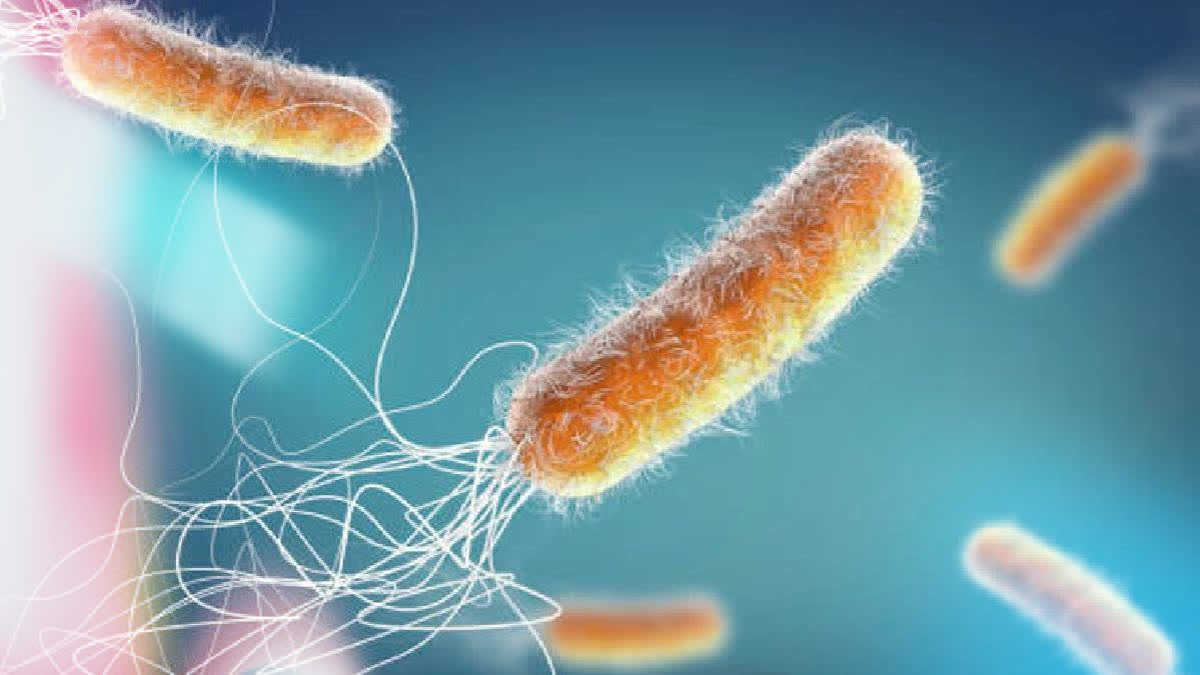New Delhi:A range of gut bugs may be contributing to the development of autism in children, a recent study published in the Nature Microbiology journal has found.
Stool samples can, therefore, help diagnose the neurodevelopmental condition in which one displays repetitive behaviour and affected social behaviour, researchers said.
"Usually it takes three to four years to make a confirmed diagnosis for suspected autism, with most children diagnosed at six years old," the study's first author, Qi Su of The Chinese University of Hong Kong, told The Guardian.
"Our microbiome biomarker panel has a high performance in children under the age of four, which may help facilitate an early diagnosis," Su said. Over the past decade, studies have shown that gut bugs play a role in a child developing autism. Children with autism differ with regard to the microbes in their guts and also show delayed development in the diversity of gut bugs, according to previous studies.
However, the researchers said that these studies had largely looked at bacteria in these children's guts. In this study, the authors looked at other microbes - fungi, and viruses, among others -- along with their functions in the guts of children diagnosed with autism.
The researchers analysed the stool samples from nearly 1,630 children aged between one and 13 in China, along with data of their diets and medications. Around 900 children had autism. For their analysis, the team used metagenomic sequencing, which helps study genetic material recovered from clinical samples (such as stool).
The authors found differences in more than 50 types of bacteria, seven fungi and 18 viruses in the gut microbiomes of the children with autism. Further, 12 metabolic functions were found to be different in these children.
The researchers also developed an artificial intelligence-based model to see if the results -- the presence of 31 different bugs or functions -- could be used to predict if a child had autism.
They found that the model showed "higher diagnostic accuracy" than just looking at one bug, such as bacteria, alone. "While genetic factors play a substantial role in autism, the microbiome could act as a contributing factor by modulating immune responses, neurotransmitter production, and metabolic pathways," The Guardian quoted Su as saying.
"This does not necessarily imply causation but suggests that the microbiome might influence the severity or expression of autism spectrum symptoms," she said.
